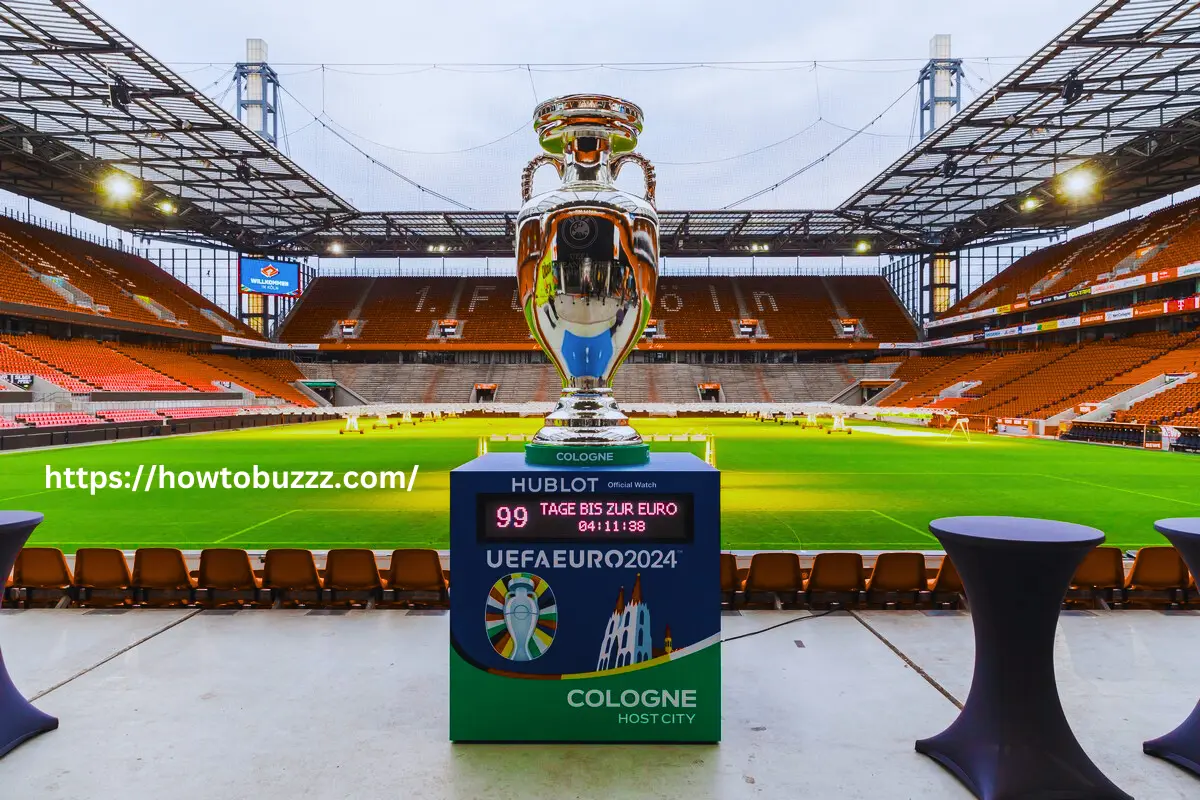Tournois championnat d’europe de football A Thrilling Continental Showdown

The Tournois Championnat d’Europe de Football, commonly known as the UEFA European Championship, is one of the most prestigious football tournaments in the world. It gathers the best national teams from across Europe, battling it out every four years to claim the coveted title of European champions. This article delves into the tournament’s history, its significant impact on European football, and what makes it a must-watch event for football fans around the globe.
History and Evolution
The UEFA European Championship’s origins trace back to 1960 when the tournament was first held in France. Initially called the European Nations Cup, it was the brainchild of Henri Delaunay, a French football administrator, who proposed the idea as early as the 1920s. However, it wasn’t until 1958, three years after Delaunay’s death, that the tournament came to fruition, dedicated in his honor.
The competition has evolved significantly since its inception. Originally featuring only four teams in the final tournament, it has expanded to include 24 teams in recent editions, reflecting the growing football talent across the continent. This expansion not only allows more nations to experience the thrill of a major tournament but also enhances the competitive spirit of the event.
Format and Qualification
The format of the tournois championnat d’europe de football has undergone several changes over the years. The current format, introduced in 2016, starts with a qualification phase, which typically runs over two years, ensuring all UEFA member nations have a chance to compete for a place in the tournament. A group stage follows this phase, followed by knockout rounds, culminating in the final.
The qualification process is rigorous, testing the teams’ endurance and skill, while the tournament itself is a showcase of high-caliber football. Every match is fraught with anticipation as nations vie for supremacy on the European stage.
Memorable Moments
The UEFA European Championship has been the stage for some of the most memorable moments in football history. From Greece’s surprising victory in 2004, defying the odds to win their first major tournament, to Portugal’s triumph in 2016, where they won despite their star player Cristiano Ronaldo being sidelined early in the final due to injury. Each game brings unforgettable stories and heroes, etching them into the annals of football history.
Economic and Cultural Impact
Beyond the exhilaration of matches, the Tournois Championnat d’Europe has a profound economic and cultural impact. Host nations often experience a boost in tourism and infrastructure development as stadiums are upgraded and cities polished to welcome fans from across the continent. Moreover, the championship fosters a sense of unity and pride among the participating countries, highlighting the unifying power of sport amidst diverse European cultures.
The Role of Technology
Technology has played a pivotal role in shaping the tournament in recent years. From goal-line technology to VAR (Video Assistant Referee), technological advancements have been integrated to enhance fairness and accuracy in officiating. This incorporation of technology reflects the modernizing aspect of the sport and ensures that the quality of play is maintained at the highest possible standard.
Future Prospects
Looking to the future, the UEFA European Championship continues to adapt and innovate to maintain its relevance and appeal. The expansion to 24 teams has been a success, and there are discussions about further changes that might come in future editions, including expanding the tournament to host nations across multiple continents, reflecting football’s global appeal.
Conclusion
The Tournois Championnat d’Europe de football is more than just a tournament; it is a celebration of football, bringing together nations, fans, and cultures in a festival of sport. With its rich history, evolving format, and memorable moments, it remains one of the most anticipated events on the sporting calendar. As it continues to foster talent and excitement, the championship showcases the best of European football and contributes significantly to the sport’s global influence.
